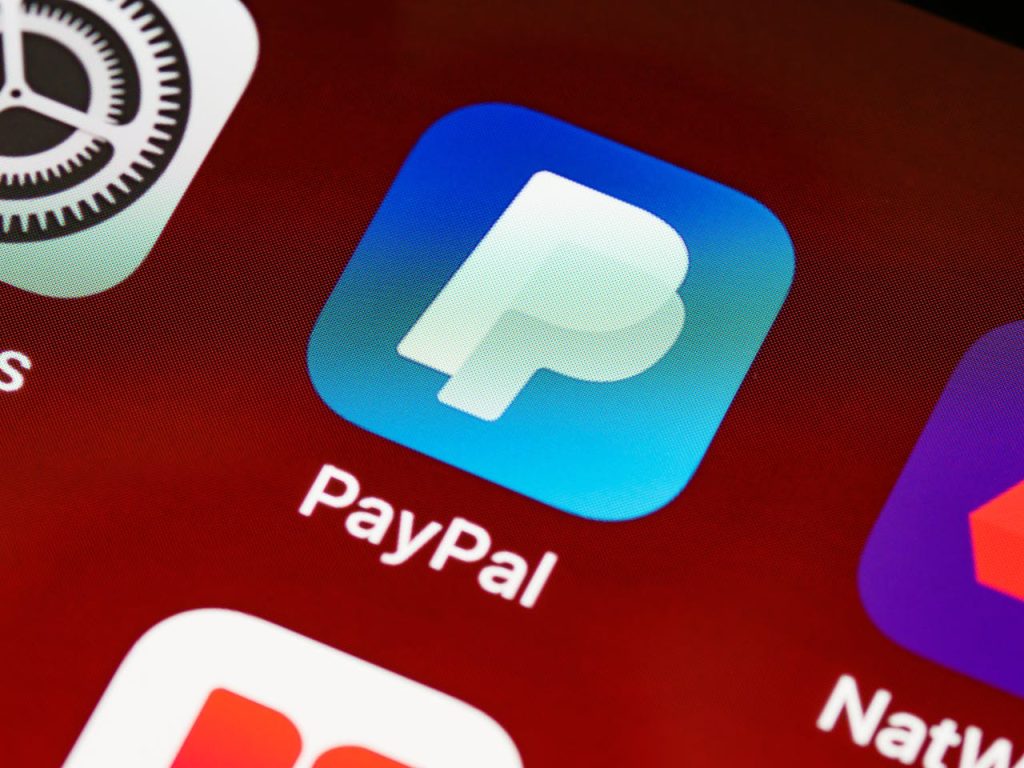
When someone passes away, banks immediately take certain actions to protect assets and prevent fraud. While many people expect checking and savings accounts to be frozen, there are other, less obvious asset types that can also get blocked. These blocks can delay access for your loved ones, complicate the estate settlement process, and sometimes even cause financial hardship. Knowing which assets banks block when you die helps you plan more effectively, making things easier for family and beneficiaries. If you want to avoid unnecessary surprises and ensure your wishes are honored, understanding these unexpected asset types is essential.
Let’s look at seven unexpected asset types that banks block when you die, and what you can do about it.
1. Safe Deposit Boxes
Many people store valuable items or important documents in safe deposit boxes, thinking they’re secure and accessible for heirs. However, banks typically seal these boxes immediately after learning of an account holder’s death. Access is restricted until the estate’s executor presents the proper legal documents, such as a court order or letters testamentary. This means your family could be unable to retrieve critical items—like a will or insurance policies—right when they need them most. If you rely on a safe deposit box for essential paperwork, consider keeping copies elsewhere or letting your executor know how to access them.
2. Joint Bank Accounts Without Right of Survivorship
It’s a common misconception that all joint accounts automatically transfer to the surviving account holder. In reality, unless the account is specifically set up with “right of survivorship,” banks may freeze the account upon one holder’s death. This is done to ensure that the deceased’s share is properly distributed according to the will or state law. As a result, funds in these accounts could be tied up for weeks or months, leaving loved ones without access to needed cash. If you want to avoid this issue, make sure your joint accounts are structured to transfer ownership smoothly when you die.
3. Uncashed Checks and Pending Transfers
When it comes to asset types that banks block when you die, uncashed checks and pending electronic transfers are often overlooked. If you receive a check or initiate a transfer before passing away, the bank may block or reverse these transactions once notified of your death. This applies to both incoming and outgoing funds. For example, a final paycheck or insurance reimbursement could get stuck in limbo, forcing heirs to go through extra steps to claim the money. To minimize complications, keep beneficiaries informed about expected payments and consider direct deposits where possible.
4. Certificates of Deposit (CDs)
Certificates of deposit are usually viewed as straightforward investments, but they also fall under asset types that banks block when you die. The bank will freeze the CD account to prevent unauthorized withdrawals. Heirs may have to wait for the probate process to play out before accessing the funds. Additionally, early withdrawal penalties may apply unless the CD is set up as “payable on death” or has a designated beneficiary. If you have CDs, it’s wise to check your beneficiary designations and update them as needed to avoid unnecessary delays and fees.
5. Credit Card Rewards and Points
Credit card points and airline miles may not seem like traditional assets, but they can hold significant value. Unfortunately, banks and credit card issuers often freeze or cancel these rewards accounts when they receive notice of a cardholder’s death. Each company has its own policies, and some may allow heirs to claim or transfer points, but many do not. To prevent these rewards from vanishing, review the terms of your rewards programs and share account details with a trusted person. Some families have successfully claimed points by contacting customer service and providing a death certificate, but there’s no guarantee.
6. Digital Wallets and Online Payment Accounts
Digital wallets like PayPal, Venmo, or Apple Pay are increasingly popular, but they’re also asset types that banks block when you die. Once notified, these companies typically freeze accounts to prevent fraud and unauthorized access. Funds in these accounts may not be immediately available to heirs, and accessing them often requires providing legal documents and proof of authority. Since digital assets can be easily overlooked during estate planning, it’s important to include them in your will and provide clear instructions for your executor.
7. Investment Accounts Without Beneficiary Designations
Brokerage accounts, mutual funds, and other investment vehicles are often assumed to transfer smoothly upon death. However, if you haven’t named a beneficiary or set up a transfer-on-death (TOD) designation, the bank will freeze these assets. They then become part of the probate estate, which can delay access for months or even longer. To avoid complications, regularly review your investment accounts and make sure each one has a current beneficiary or TOD instruction.
Planning Ahead for Blocked Asset Types
Understanding asset types that banks block when you die is a key step in effective estate planning. While it’s impossible to anticipate every scenario, you can minimize delays and stress for your loved ones by keeping account information updated, naming beneficiaries, and storing important documents in accessible locations. This proactive approach not only saves time but also ensures your assets are distributed according to your wishes.
If you’re unsure about how to handle certain asset types, talking with a financial advisor or estate planning attorney can be invaluable. They can help you navigate the specifics of your accounts and recommend strategies that fit your needs.
Have you or your family ever faced challenges with blocked assets? Share your experiences or questions in the comments below!
Read More
Why Financial Institutions Freeze Accounts After a Death Even With a Will
Could a Bank Freeze Your Account Without Telling You?
The post 7 Unexpected Asset Types That Banks Block When You Die appeared first on The Free Financial Advisor.







